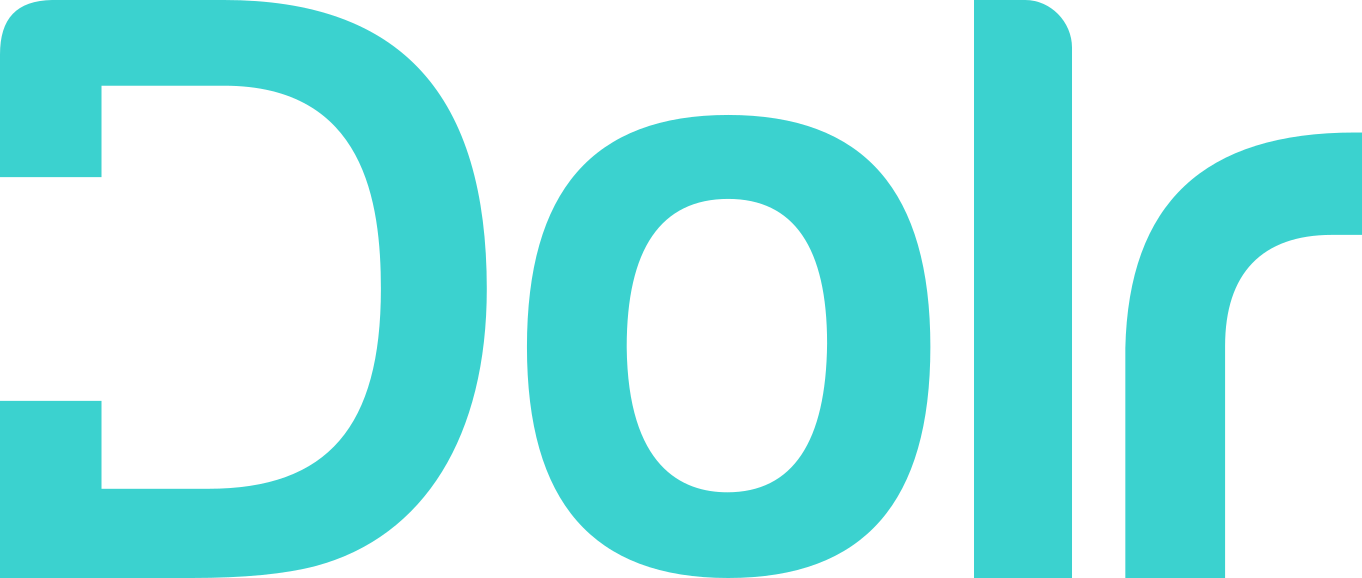Student Loans After Graduation: Welcome to Adulting
There’s a good chance that by November, you’ll be in the student loan repayment game. What do you need to know between now and then to put yourself in a good position?

Ah, May. The month of transitions. From spring to summer. From student to graduate. From student loan borrower to student loan repayer.
If you’re like most students, then you’ve barely considered your student loans over the last few years — aside from appreciating that they’ve kept you enrolled in school and with a little money in your bank account.
And now you’re grateful for that 6-month grace period so you can put off thinking about them for a little while longer.
But November will be here before you know it. And with President Biden announcing that some portion of borrowers will receive forgiveness of $10k in student loans, the current student loan freeze probably won’t go on forever.
There’s a good chance that by November, you’ll be in the student loan repayment game.
What do you need to know between now and then to put yourself in a good position?
Have your loans been accruing interest?
One important question for you to answer before the end of your grace period: have your loans been accruing interest?
It can come as a surprise for many borrowers. They borrowed a certain amount for school, but when that grace period is over, they actually owe more. Say what?
Well, unsubsidized student loans accrue interest from the moment they’re disbursed. If you’ve been in college, it’s possible that you’ve had mainly subsidized loans. And Stafford subsidized loans do not accrue interest while you’re in school or during the grace period.
But if you’re in graduate school or if you used other types of Federal loans to fund your college education, you’ve been accruing interest.
Why does that matter?
When the grace period ends, all the interest your loans have accrued will be capitalized. That interest will be added to your principal balance. So the accrued interest plus your old principal balance will become your new principal balance.
That means you’ll now be paying interest on your interest.
What can you do about it?
Start making interest-only payments now. Yes, it’s your grace period, and you’re not required to start making payments yet. But you’ll be in a much better position when the grace period ends if you make these smaller payments now.
See: Can You Pay Off Student Loans While You’re Still in School?
How much will you owe when the grace period ends?
You can find out the balance of your loans by visiting the National Student Loan Data System, NSLDS, run by the U.S. Department of Education.
To log on, you’ll have to create a Federal Student Aid ID (FSA ID) if you don’t already have one.
Once you’re in, you can find out almost everything you need to know about your student loans: how much you borrowed, how much interest has accrued, how much you owe now, who your loan servicer is, and any payments you’ve already made.
Remember that any interest you haven’t paid will be capitalized — added onto your loan balance.
See: Borrowers Like You: From a Ballooning Loan Balance to a Pay-off Plan
How much will you owe each month?
Knowing your balance doesn’t mean you understand what that will actually mean for your bank account. You need to know what number will show up on that bill each month.
If you’re nearing graduation or have already graduated, your school has likely reached out to you about student loan exit counseling. Every federal student loan borrower is required by law to complete the student loan exit counseling, which takes about 30 minutes online.
Exit counseling explains the repayment process and gives you important information about your repayment options. The standard repayment plan is a 10-year term and is the fastest way to pay off your student debt. On this plan, you’ll make the highest monthly payments but pay the least over time.
As you go through exit counseling, you’ll learn about all the plans, from standard repayment to REPAYE. There are alot of them, and each has its own rules as well as particular impacts on your balance. For instance, income-driven repayment plans will give you the lowest monthly payments, but you’ll pay the longest over the life of your loan.
So it’s important to pay attention during the exit counseling and think carefully when you choose your repayment plan. If you have federal loans, you can change your repayment plan at any time. But if you spend a few years in an income-driven plan that allows your balance to balloon, you can’t take those years back.
The Department of Education’s Student Loan Simulator can help you figure out what our monthly payment would be on each plan.
Are you planning to use a forgiveness program?
If you’re planning to use any forgiveness program — like Public Service Loan Forgiveness, Teacher Loan Forgiveness, or National Health Service Corps Loan Repayment — then you need to know that right away.
Forgiveness programs have very specific eligibility requirements. Learning that you haven’t actually been meeting them after years of thinking you were is soul crushing.
So be very clear about the requirements, and make sure you’re following them to the letter.
How can you make faster progress on your student loans?
Looking into the future and seeing years of student loan payments can feel pretty demoralizing right as you’re starting on a new path.
The sooner you start treating your student loans as something you have control over, the sooner you’ll get out of debt.
You may not be able to afford that 10-year repayment plan (though if you can, absolutely go for it). But even if you can’t, that doesn’t mean you have to make payments for the next 30 years. By taking smart actions, you can get out of debt more quickly.
That means doing things like:
- Signing up for autopay so you get that .25% interest rate break.
- Paying more than the minimum each month and automating it with the Daily Dolr.
- Working for an employer that offers student loan repayment assistance.
- Asking your loved ones to put money toward your student loans instead of giving you gifts.
- Getting student loan rewards for your regular shopping.
See: How to Ask Your Employer for a Student Loan Repayment Assistance Program
Repaying your student loans is one of the least fun parts of adulting, but it doesn’t need to have you by the throat. You can take actions that will move you to $0 loans faster.
Start with the Daily Dolr, our most popular offering for student loan borrowers.
Contributed by Katie Taylor.
